- Dumont F. Kenny, Ph.D., 1966 - 1970
- Milton G. Bassin, M.M.E., P.E., 1971 - 1991
- Josephine D. Davis, Ed.D., 1991 - 1995
- Charles C. Kidd, Sr., Ph.D., P.E., 1996 - 2002
- Robert L. Hampton, Ph.D., 2003 - 2004
- Marcia V. Keizs, Ed.D., 2005 - 2019
- Berenecea Johnson Eanes, Ph.D., 2019 - 2023
- Claudia V. Schrader, EdD 2024-Present
History
York College's journey is a testament to the power of vision and community spirit, deeply rooted in the history of the City University of New York (CUNY) itself.
The Seed of an Idea
CUNY's foundation began with a powerful belief: that everyone deserves access to quality higher education. In 1847, driven by this conviction, New York merchant and statesman Townsend Harris established the Free Academy (later City College of New York) to serve the city's growing working class.
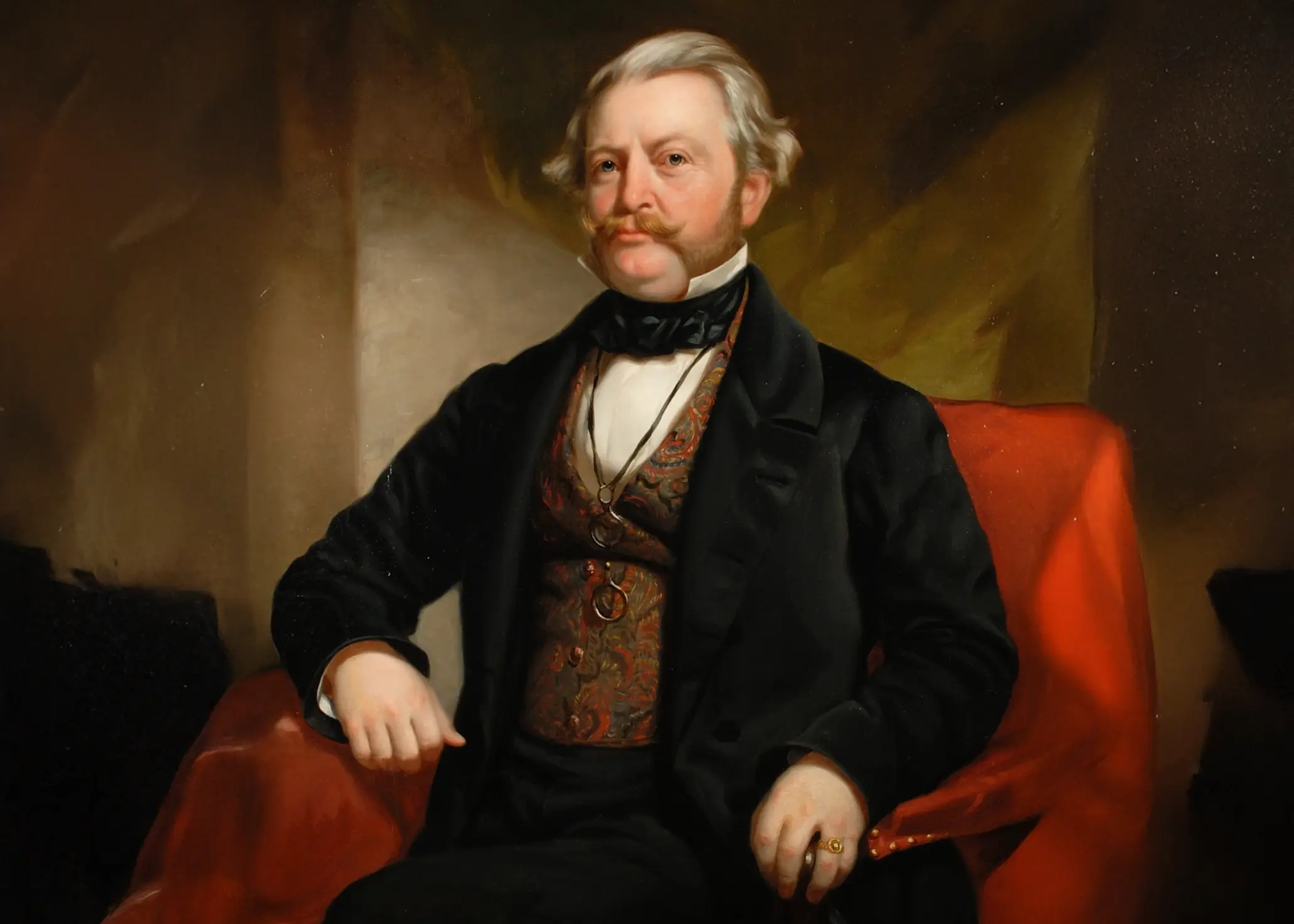

Growing the Dream
Over a century later, the need for accessible education continued to expand. On April 11, 1961, Governor Nelson Rockefeller signed legislation creating the Board of Higher Education (now the Board of Trustees) to oversee City College and other emerging institutions like Hunter, Brooklyn, and Queens Colleges. This marked a significant step in building the comprehensive CUNY system we know today.
The Birth of York College
In 1966, CUNY recognized the need for a new senior college to serve the burgeoning student population and voted to establish "Alpha College." Under the leadership of its first president, Dr. Dumont F. Kenny, the institution was quickly renamed York College, with an initial vision of a suburban liberal arts setting in Queens.

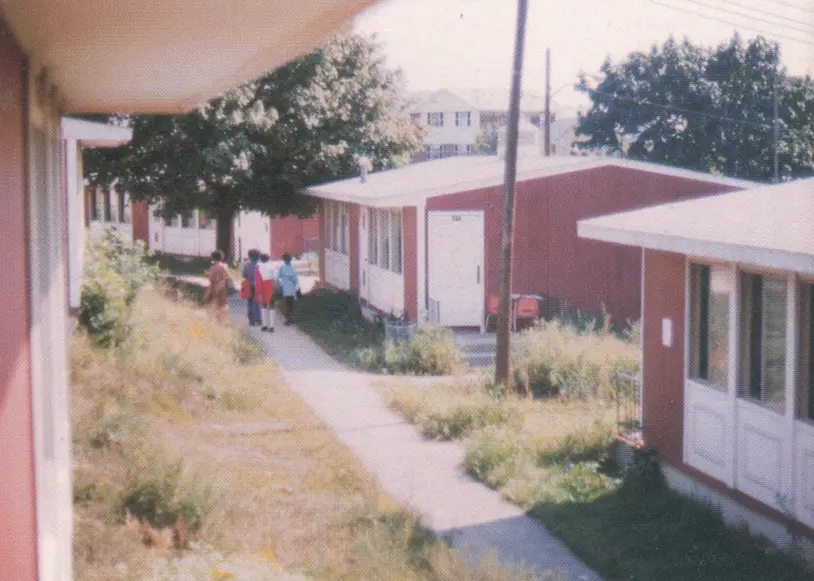
Finding Our Footing
York College officially opened its doors in the fall of 1967 with 371 students and 50 faculty members, holding its first classes in rented rooms in Bayside, Queens. The early years were marked by a search for a permanent home.
A Community Rallies
In 1968, thanks to strong advocacy from local businesses, community leaders, and religious organizations, Jamaica was chosen as the future site of York's permanent campus. While awaiting construction, the College navigated temporary locations across Queens, even spending three years at Queensborough Community College before moving to a renovated department store in Jamaica in 1974.

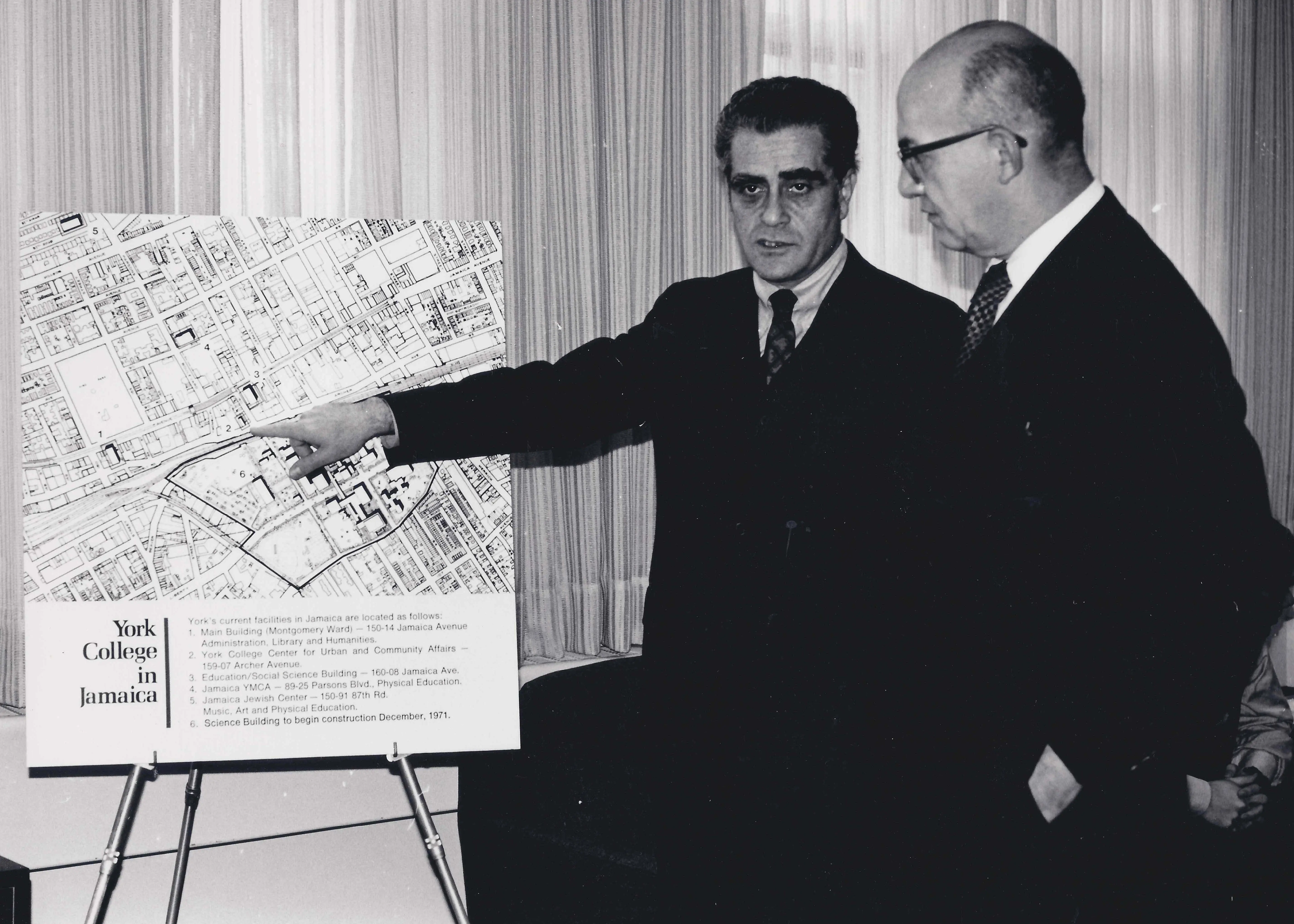
Facing Challenges, Building Strength
The fiscal crisis of the mid-1970s cast uncertainty over York's future. However, the Jamaica community passionately championed the College, urging the city to ensure its survival. Their dedication paid off in May 1978 when CUNY authorized the construction of York's permanent campus. This period also saw significant growth in academic programs, expanding beyond the liberal arts to include vital career-focused majors in health professions, alongside the launch of continuing education for local residents.
A New Home, A Growing Vision
With the support of Governor Hugh Carey, construction began in December 1980, and in 1986, York College proudly held its first classes in the new Academic Core. Enrollment had grown significantly to over 4,200 students. The following years saw the opening of key facilities, including the Performing Arts Center and the Health and Physical Education complex in 1990, followed by the athletic fields in 1991.
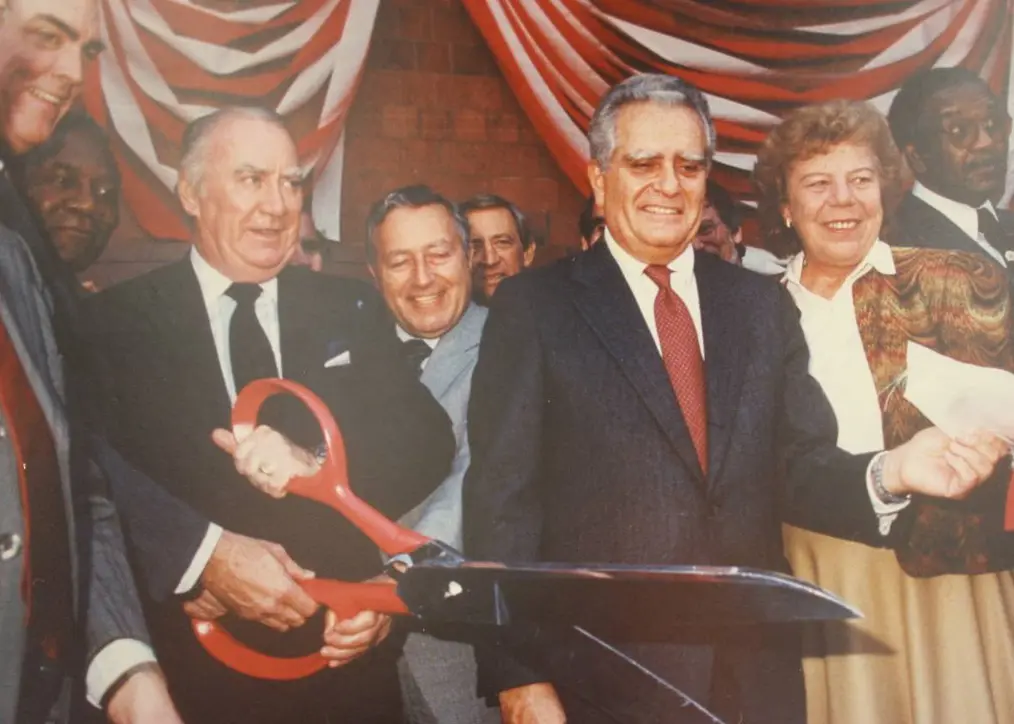

Embracing Innovation and Partnership
The 21st century brought further growth and innovation. The CUNY Aviation Institute was established in 2003, preparing students for success in a dynamic industry. A significant partnership emerged in 2005 with the construction of the U.S. Food and Drug Administration's regional headquarters on campus, creating invaluable internship and research opportunities for students in related fields.
A Modern Structure for Future Success
In 2009, York College strategically reorganized its academic departments into three schools: Arts and Sciences, Business and Information Systems, and Health and Behavioral Sciences. That same year, the Provost Distinguished Scholars Lecture Series was launched, bringing renowned thinkers to engage with the York community. This series evolved in 2022 into the Spring Symposium, a platform celebrating the innovative research of York faculty and fostering collaboration.
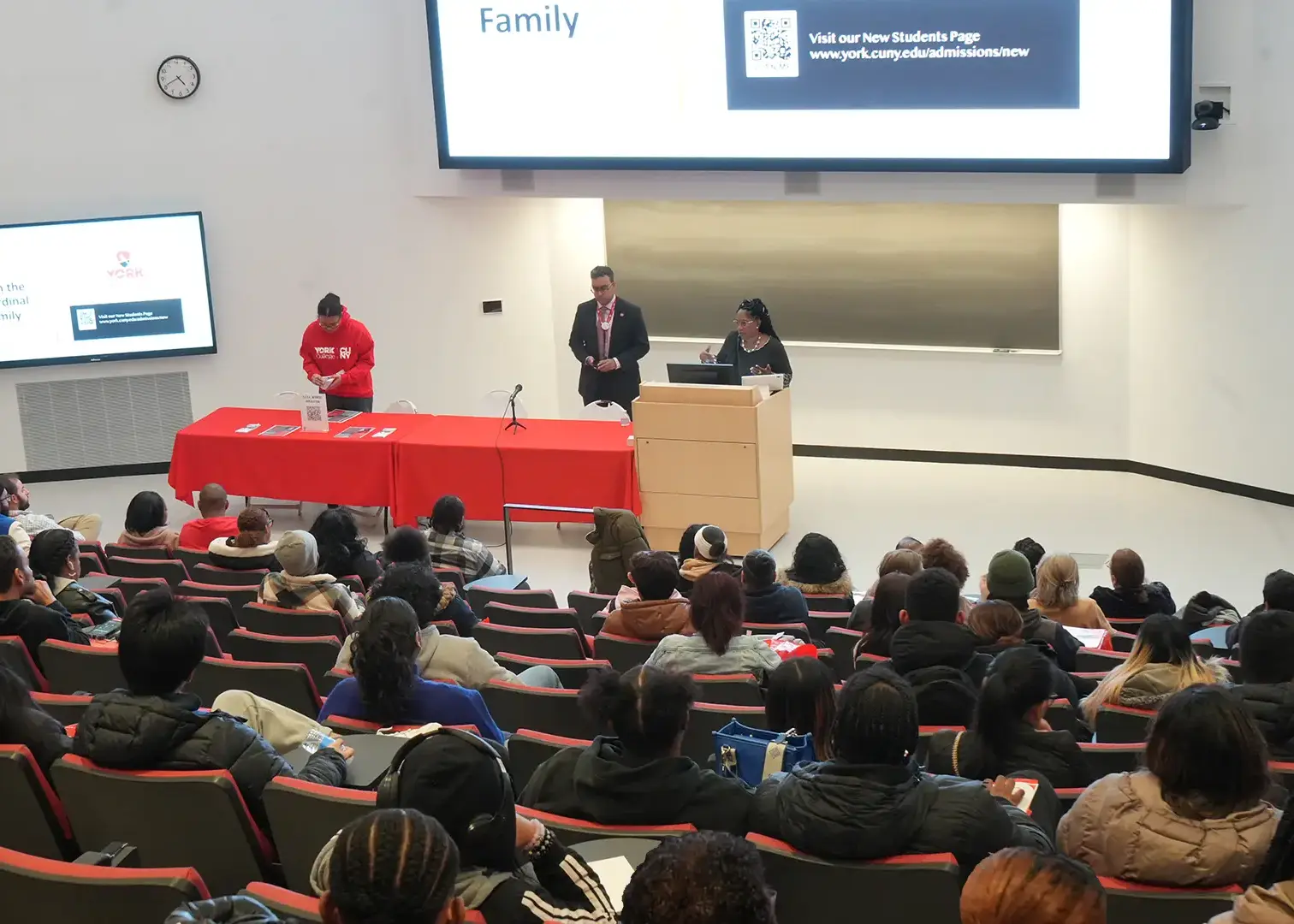

York College Today
Under the leadership of President Claudia V. Schrader, York College continues to thrive, guided by its strategic pillars of student success, academic excellence, faculty/staff support, and a vibrant campus. Today, with over 7,200 students, York College stands as a testament to its enduring mission of providing accessible, high-quality education and empowering the next generation of leaders.
Revised: November 17, 2025